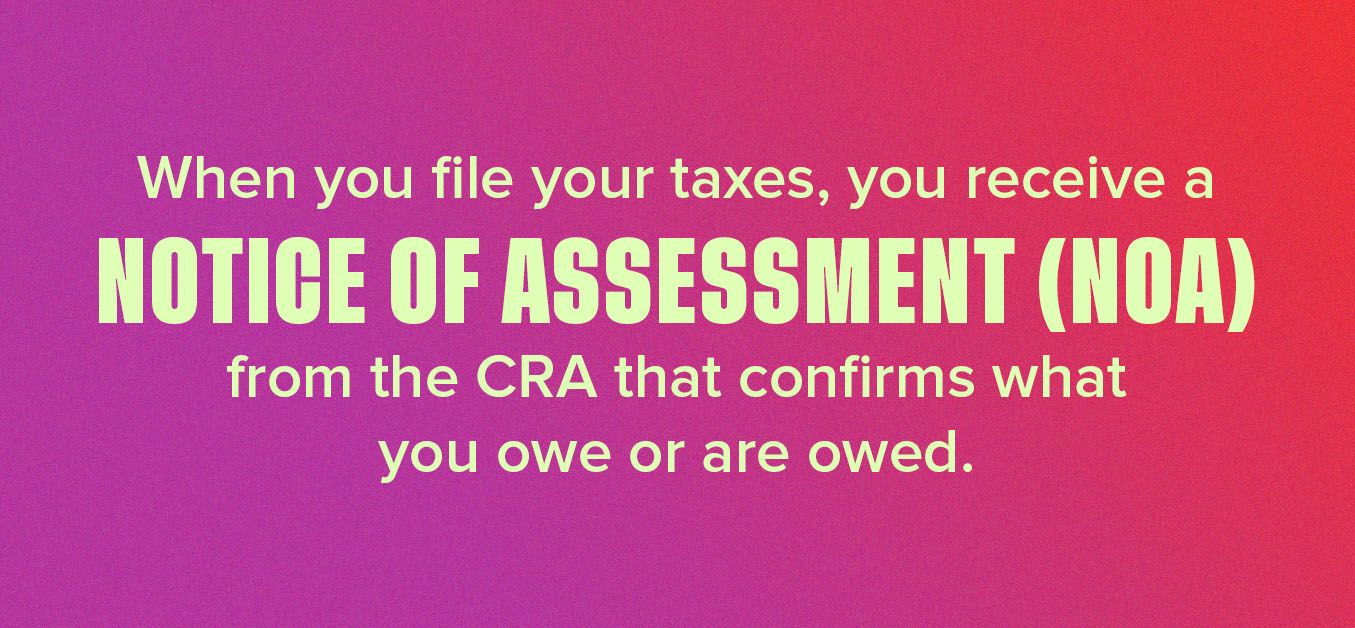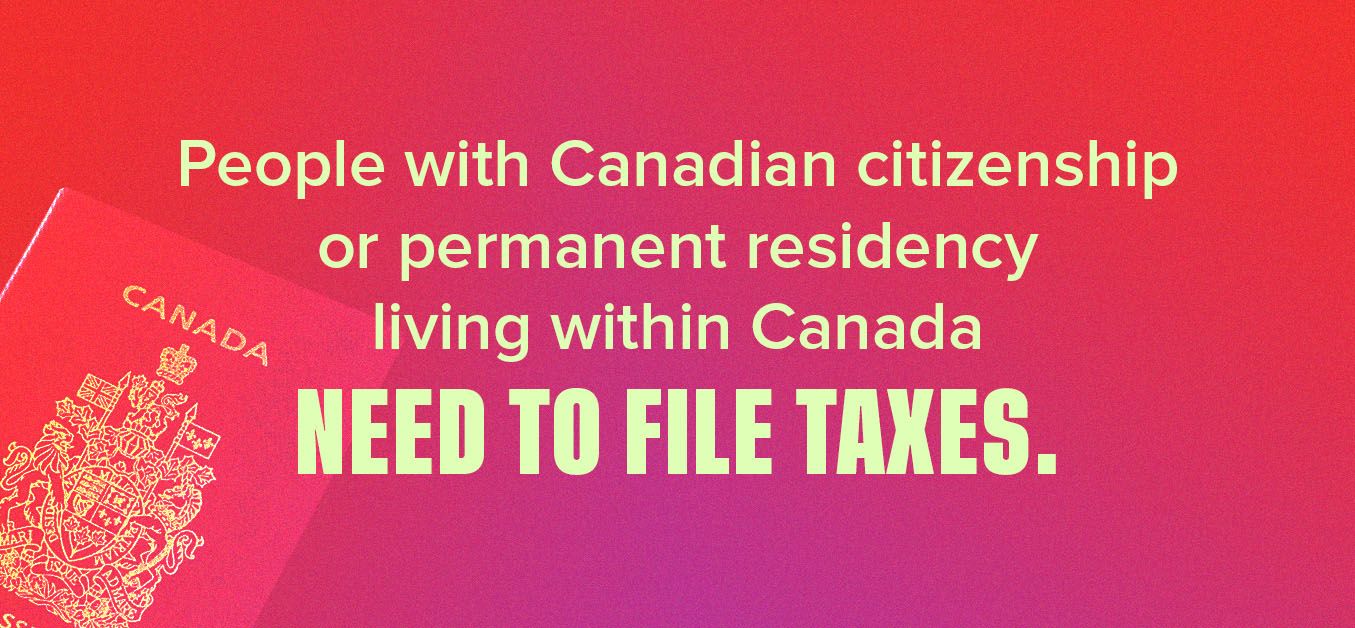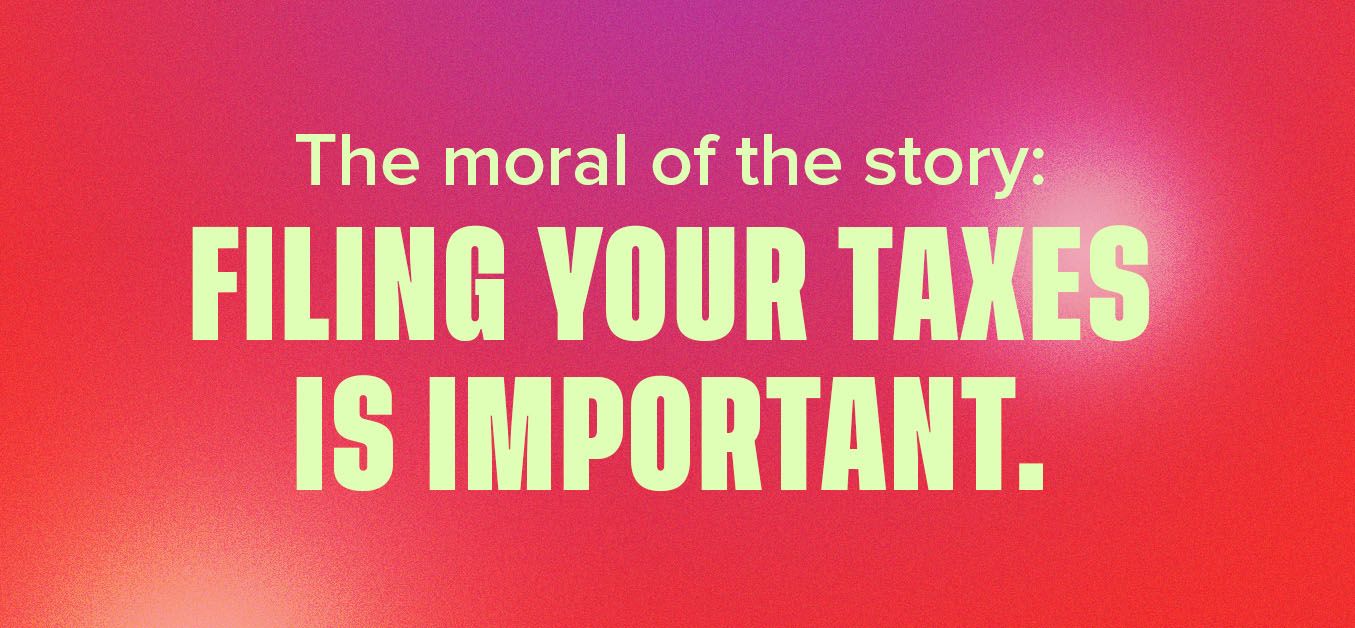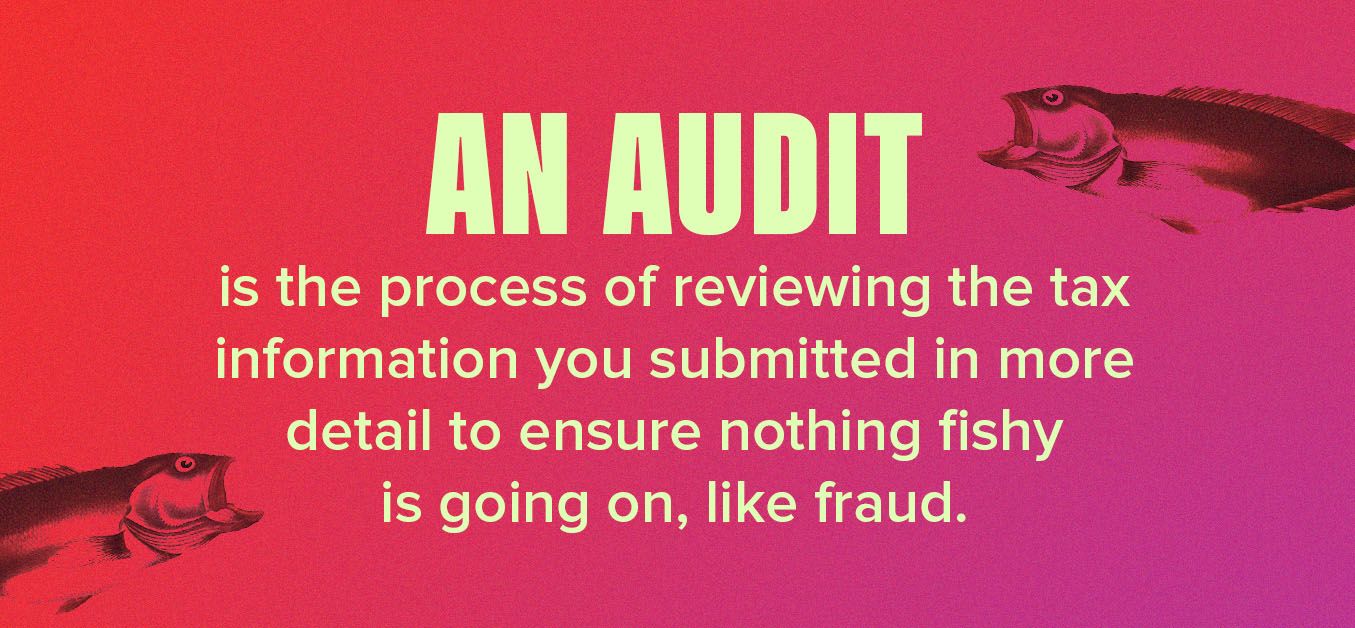Filing Taxes For New Canadians
Here’s a fact: a Canadian is writing this blog post. Here’s another fact: this Canadian struggled for several years before they understood how to properly file taxes in Canada, despite having lived in Canada their whole life.
So if you’re new to Canada and are feeling nervous about filing taxes, you are not alone.
From selecting a mode of tax preparation, to actually doing your taxes, to actually submitting them to the Canada Revenue Agency (CRA), the process of filing your annual income tax can be stressful.
But it needn’t be. Here are a few basic facts and tips to keep in mind while preparing your income tax for 2020.
What’s the Deal with Taxes in Canada?
Canada has robust support infrastructure in place for its citizens, including its famously “free” healthcare. Those scare quotes are required because healthcare in Canada isn’t actually free—taxes, in part, enable all Canadians to seek medical care.
Similarly, Canada’s employment insurance, which supports folks out of work, Canada’s pension plans, which allots income to retirees, along with education, and infrastructure like roads are paid for in large part by Canadian income taxes.
Income taxes are administered by the CRA. Taxes are prepared and filed annually; you can do this with a good old fashioned pencil and paper, by using digital tax software, or by employing an accountant.

If you’re owed a refund, you’ll get a cheque in the mail or a direct deposit into your bank account , depending on what method you choose and if you submit the proper supporting documents to CRA
Refunds can occur in cases where you’ve paid too much tax throughout the year. This can happen if your employer deducts too much tax from your paycheques, or if you’ve overpaid tax throughout the year on your own.
Quick Facts: How to File Taxes in Canada

If you are not a resident, you may not be required to file taxes (though cases vary!).
There are a few basic things to know about filing income taxes in Canada. Taxes quickly become very personal and unique to each individual, but there are rules that apply widely:
- Your tax return form is called a T1 General. Start there and the rest will follow.
- The “tax year” is the same as the calendar year, January 1 to December 31. Your taxes are due on April 30 of the year following the tax year in question. In this upcoming April 2021, we are filing 2020’s taxes.
- Everyone that owes taxes needs to file a tax return. It’s a good rule of thumb to file every year, even if you suspect you won’t owe.
- If you owe taxes and don’t file a return, you could be charged late-filing penalties.
- If you don’t file taxes, you may not be able to claim certain government benefits like Canada’s GST/HST credit.

It’s a drag, and even people born and raised in Canada don’t really enjoy the process. But it can help keep you square with CRA and also enables you to apply for certain government credits and benefits. So it’s worth it!
Filing Your Taxes as a Newcomer to Canada
Things are a bit different for folks filing taxes following their first year as residents of Canada. Luckily, for many newcomers, there are free tax support centres to make filing your taxes a bit easier.
For your first year in Canada, you’ll have to file your taxes using the mail. You can still use a tax preparation software—you don’t have to go all Stone Age with a pencil and paper—but you’ll need to print the return and mail it to the CRA.
Every year after, you’ll be able to file online, which is undeniably easier for most people.
For many Canadians and new Canadians, filing taxes is very straightforward. Most of what you need to include is information provided to you by your employer.
Employers are required to issue T4s, slips that report how much you were paid and taxed during your employment in that tax year. Fill in the amounts on your T4 in the corresponding spaces on your tax return, following the instructions provided by the CRA.
You can also use your T4 to opt in to tax benefits and tax credits that may apply to you, like the GST/HST credit in British Columbia, or the Canada Child Benefit which remits payments to eligible parents raising children under age 18.
Then send that sucker off to CRA HQ. Simple as that.
Taxes can seem really stressful and scary, because if the information you submit doesn’t stack up, you could be audited by the CRA.

People also hate taxes because often, they owe money. But taxes are a fact of life in Canada, and paying taxes allows us to have access to so many great things (like doctors!!).
If you’re at all unsure about filing your taxes in Canada as a newcomer, we encourage you to seek help at your local tax clinic, or by hiring an accountant. It never hurts to get a second pair of eyes until you’ve got the hang of it.
The filing deadline is April 30, 2021. Let’s get to it!
The contents of this blog post are provided for informational purposes only and are not intended as personalized tax, accounting or other professional advice. Every situation is unique and you may wish to get advice from a qualified professional regarding your taxes.